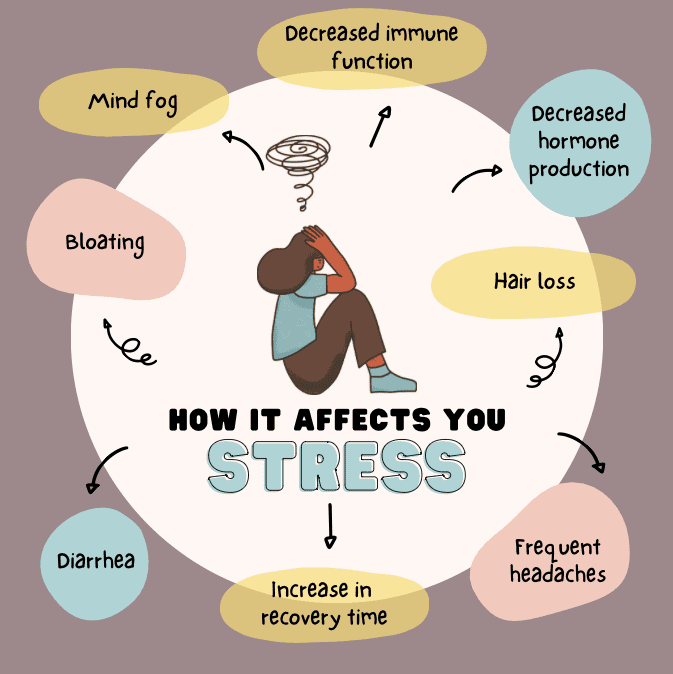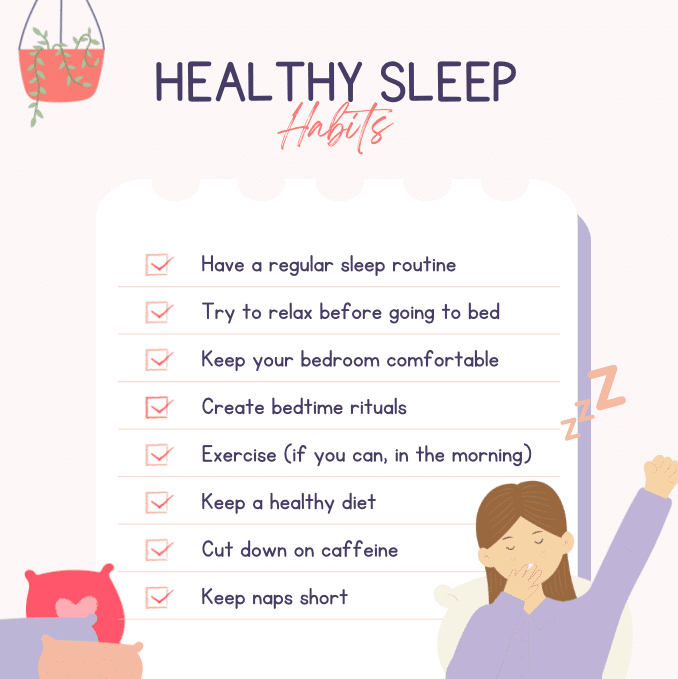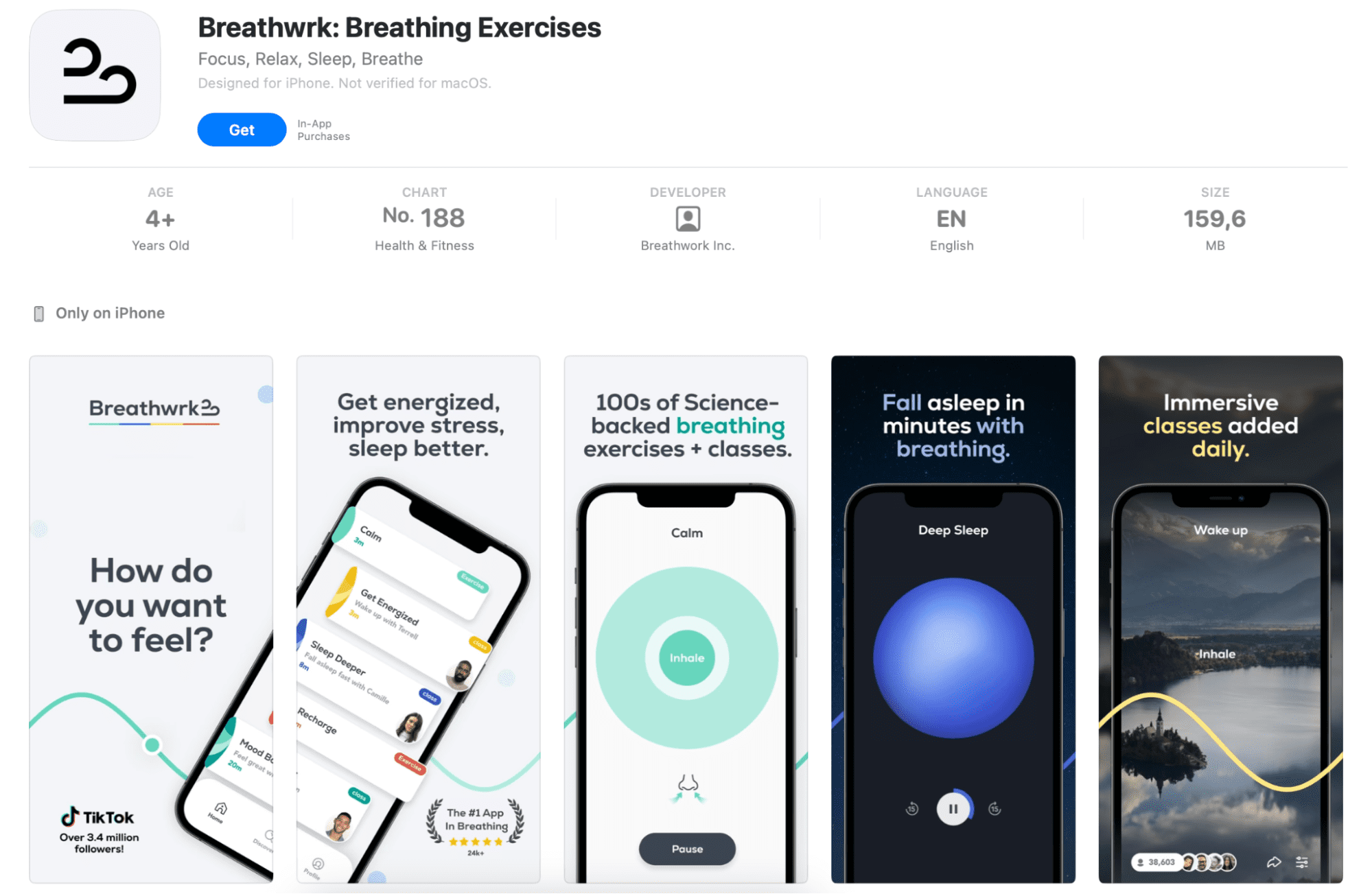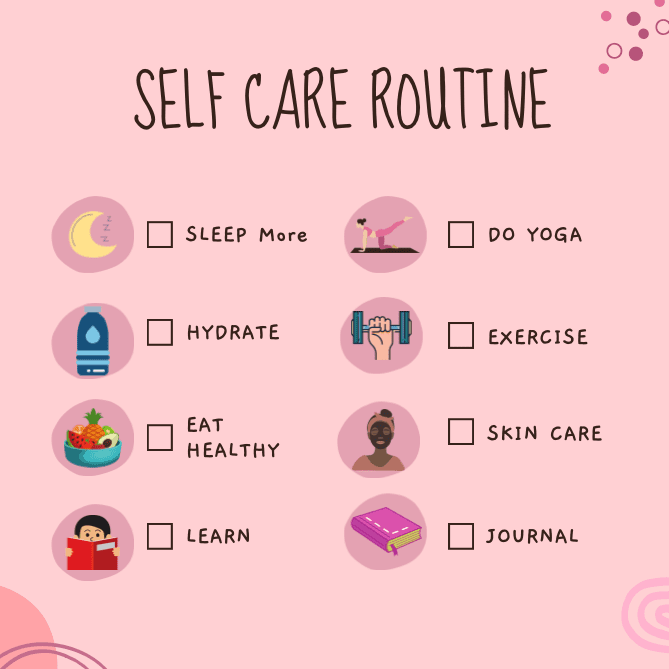Is your heart pounding with an unknown fear? Does the world seem overwhelming at times? If so, you are not alone; many people struggle with anxiety. But did you know that the triggers causing this anxiety can be tamed?
Yes, you heard that right. There are powerful tools that can help you gain control of anxiety and diminish the power that those triggers hold over you.
Read on to discover how!
In this post, you’ll learn everything you need to know about symptoms of anxiety, common triggers, and how to overcome them.
Quick Takeaways
- Anxiety is a common struggle for many people, but identifying triggers is the first step to manage and overcome it.
- Common triggers include medications, medical conditions, caffeine, skipped meals, stress, negative thoughts, trauma triggers, personal triggers, and more.
- There are simple ways for identifying anxiety triggers that include journaling, mindfulness practices, and making lifestyle changes
- Tips for managing anxiety include prioritizing sleep, practicing deep breathing exercises, exercising regularly, and practicing self-care.
- Hypnotherapy is one of the most effective tools for managing specific types of anxiety, such as social anxiety, medical anxiety, and existential anxiety.
What Is Anxiety?
Anxiety is a reaction to stress and usually comes with feelings of stress, worry, or unease. Everyone has been anxious at some point. When they do, they can experience:
- Chest pain
- Feeling restless
- Rapid breathing
- Heart palpitations
- Elevated heart rate
- Sleep disturbances
Feeling anxious from time to time is fine, however, if you’re constantly under stress and anxiety, you might be putting your physical health at risk…

Read More: Stress and Anxiety Reduction Techniques
What Triggers Anxiety?
There’s no such thing as a ‘universal anxiety trigger’.
Everyone is different and that’s why anxiety triggers vary from one person to another. However, there are still some triggers that are very common. Understanding them will help you manage and reduce anxiety and its impact on your life.
If you’ve noticed these common anxiety triggers, they might be what’s setting it off.
- Medications can sometimes have side effects that contribute to feelings of anxiety.
- Medical conditions can be an anxiety trigger due to the uncertainty, pain, or lifestyle changes they may entail, leading to heightened worry and stress about your health and future.
- Caffeine intake can exacerbate anxiety symptoms in some individuals due to its stimulant effects.
- Skipping meals can disrupt blood sugar levels, potentially triggering silent anxiety attacks in susceptible individuals.
- Negative thoughts, especially those related to self-doubt or worry, can fuel anxious feelings.
- Stress from various sources, such as work, relationships, or finances, can significantly impact anxiety levels.
- Personal triggers that might be specific are unique to you and can lead to feelings of anxiety.
- Economic concerns, like financial instability or job insecurity, can be significant sources of anxiety for many people.
- Social events and engagements, particularly those involving large groups or unfamiliar situations, may provoke anxiety in some individuals.
- Anxiety triggered by your work environment can stem from factors like high-pressure deadlines, conflict with colleagues, or job dissatisfaction.
- Transitional life phases, such as changing careers, or becoming a parent, can introduce uncertainty and stress that contribute to anxiety.
- An overwhelming schedule with too many commitments and responsibilities can increase feelings of stress and anxiety.
- Past trauma or Post-Traumatic Stress Disorder, whether recent or long-standing traumatic events, can leave lasting emotional scars that manifest as anxiety in certain situations.
- Substance use, including alcohol and recreational drugs, can exacerbate feelings of anxiety or trigger panic attacks.
- Lack of regular physical activity can contribute to feelings of restlessness and tension, worsening your anxiety symptoms.
- Insufficient support from friends, family, or peers can leave you feeling isolated and overwhelmed by anxiety.
- Excessive use of social media, especially when comparing yourself with others or seeing distressing content, can heighten feelings of anxiety.
- Poor dietary habits like consuming excessive junk food or sugary snacks, can negatively impact mood and lead to anxiety.
How to Identify Anxiety Triggers
The first step to reducing anxiety and living a happier life is to identify what triggers your anxiety – so you can eliminate it.
Of course, there are some simple ways you can use, such as:
- Keeping a journal. Write down your thoughts, feelings, and experiences when you feel anxious. Look for patterns or common themes that might reveal potential triggers
- Practice mindfulness. Engage in mindfulness meditation or other mindfulness practices to become more aware of your thoughts and emotions in the present moment.
- Making lifestyle changes. Evaluate your lifestyle habits and consider making changes that could help reduce your anxiety triggers.
However, the most effective way to overcome anxiety is to dive deep into your subconscious, and figure out what triggers it.
…and to accomplish this, you’ll need to work with a professional.
Working With a Therapist
Working with a therapist can be one way to reduce anxiety. Sometimes, people visit a therapist so that they can talk about their anxiety. Just feeling heard can be enough for some people when seeking therapy. A licensed therapist can also diagnose and treat mental diseases and disorders.
If you suspect you have a mental illness, it may be wise to seek out a therapist to get a proper diagnosis.
How to Manage Your Anxiety: 5 Tips
After you’ve successfully identified anxiety triggers, it’s time to start working on resolving them.
For that, we’ve prepared five actionable tips to help you reduce anxiety, eliminate triggers, and lead to a happier and healthier life.
#1: Hypnotherapy
Hypnotherapy for anxiety relief can help you overcome anxiety in several ways.
The first is that it helps to identify triggers that you may not consciously be aware of. Because hypnotherapy works with the unconscious mind, we can identify anxiety triggers buried in the unconscious mind.
The second reason it helps is that during hypnotherapy sessions, your subconscious mind can now be more open to absorbing positive thoughts and feelings. This will ultimately lead to less stress and more calm and confidence – or whatever you want to feel instead of anxiety.
To do hypnotherapy for anxiety, the first step of the process is to induce hypnosis. The hypnotist does this by having you close your eyes and follow up instructions to relax. It is a gentle and easy-to-follow process.
Once you are in hypnosis, you will hear instructions to help you change how you think and feel about things. Since different people have anxiety for different reasons, you should expect your anxiety hypnotherapy session to be unique for your particular set of circumstances.
Working with the subconscious mind we can change the root causes of anxiety, which often include:
- Trauma triggers
- Limiting beliefs
- Unconscious conflicts
When we change these patterns, for example by neutralizing triggers, the people, places, situations, or thoughts that used to cause anxiety no longer trigger bad feelings.
Begin your journey to overcome anxiety by scheduling a consultation session today.
#2: Prioritize Sleep
Your sleep is probably one of the easiest and most effective tips for reducing anxiety. If you lack sufficient, high-quality sleep, you’ll most likely experience.
- Higher stress
- Lack of motivation
- Decreased concentration
…all of which negatively impacts your health and anxiety levels.
To get a better sleep, you need to establish a regular routine and stick to it. If you’re not sure where to start, you can follow these tips below.
- Set a consistent sleep schedule. Go to bed and wake up at the same time every day, even on weekends.
- Create a relaxing bedtime routine. Develop calming activities to signal to your body that it’s time to wind down.
- Limit exposure to screens before bed. The blue light emitted by screens can interfere with your melatonin production and make it difficult to fall asleep.
- Make your sleep environment comfortable. Create a conducive sleep environment by keeping your bedroom cool, dark, and quiet.
- Avoid heavy meals and alcohol before bedtime. Eating a large meal or consuming alcohol close to bedtime can interfere with your sleep quality.
Of course, there’s no need to implement everything right away.
In fact, we recommend starting with one thing at a time and building up from it. If you still experience trouble with sleep, you can consult us for personalized advice.

#3: Breathing Exercises
Adding breathing exercises to your daily routine will let you:
- Control your heart rate
- Calm yourself down
- Decrease stress
- Be present
(which promotes feelings of happiness and reduces anxiety!)
There are plenty of breathing techniques you can use. If you’re new, we recommend starting with a simple diaphragmatic breathing or box breathing. You can also try meditation apps like Breathwrk and Breath and find breathing techniques there.

The best thing about breathing exercises is that you can do them anywhere – no matter whether you’re traveling, standing in line, or cooking your meal.
#4: Work Out
Engage in regular exercise to alleviate anxiety symptoms and improve well-being. Exercise releases endorphins, natural mood-boosting chemicals in the brain, which help reduce feelings of anxiety and depression.
Plus, it’s a fantastic way to get in shape or spend time with your loved ones!
Just make sure to find activities you enjoy, whether it’s jogging, yoga, or dancing, and make them a regular part of your routine.
#5: Practice Self-Care
Set aside time for activities that bring you joy and relaxation, whether it’s:
- Reading a book
- Taking a bath
- Spending time outdoors
Practice mindfulness and self-compassion, and be gentle with yourself during challenging times. Building a strong foundation of self-care can help you better cope with stress and manage intense anxiety attacks more effectively.

Reducing Different Types of Anxiety With Hypnosis
Looking to address a specific type of anxiety, such as:
- Social anxiety disorder
- Generalized anxiety disorder
…or other types of anxiety?
Then this section is for you. We’ll be showing you specific ways of how hypnosis can help you overcome different types of anxieties.
Overcoming Social Anxiety Disorder
We all know the feeling: walking into a room full of strangers or standing up to give a speech, and suddenly, your heart races, and your mind goes blank. This is social anxiety in action.
It feels like a giant wall, keeping you from enjoying your day life and reaching dreams.
Hypnosis works by calming your mind. It reaches deep into your subconscious, where those fears live, and helps change your reaction to social situations. Instead of feeling fear, you begin to feel confidence.
Instead of dreading public speaking, you may look forward to it.
Easing Medical Anxiety
The thought of going to the doctor or the dentist can scare some people. It’s even worse for those who have a fear of needles. These anxieties are generally referred to as medical anxiety.
A routine check-up, a small injection, or a dental cleaning can seem like a big, scary monster to them.
But the good news is that hypnotherapy can help tame this monster. Hypnotherapy can help you relax and calm your mind. It can change the way your mind thinks about these medical procedures.
Instead of seeing them as scary, your mind begins to see them as necessary.
Addressing Existential Anxiety
Existential anxiety, triggered by deep thoughts about the meaning of life, the inevitability of death, or the vast nature of existence, can sometimes feel like a heavy burden. These big questions can lead to intense worry, making you feel lost or overwhelmed.
Are you searching for existential anxiety relief in San Jose, CA?
Look no further than hypnosis. By tapping into the power of your subconscious, hypnosis can help you reframe these thoughts and find peace within them. It can guide you towards acceptance and a sense of purpose.
Concerns about performing in front of others, whether in sports, arts, or other activities, can be reduced through hypnosis.
Ready to Overcome Your Anxiety?
Anxiety can massively decrease the quality of life and lead to physical symptoms such as panic attacks, headaches, and hot and cold flushes.
If you’re looking to learn more about anxiety-related topics, check these resources below.
Want to get help with anxiety?
Hypnosis can provide you with anxiety relief. If you’re tired of allowing anxiety to rule your daily life, it’s time to contact hypnotist Dan Ross, known worldwide as “The Anxiety Helper.” Dan helps people worldwide over Zoom, or in person in his office in San Jose, CA.
Begin your journey to overcome anxiety by scheduling a consultation session today.
Note: The information in this article is for informational purposes only and is not meant to provide medical or mental health advice. Terms used in this article are meant to be interpreted as common vernacular, and are not meant to diagnose or treat any type of mental health disorder or physical disease. We do not diagnose or treat any type of mental health disorder or physical disease, nor do we hold ourselves out to offer these services. Please seek care from a licensed mental health or medical doctor for these purposes.
